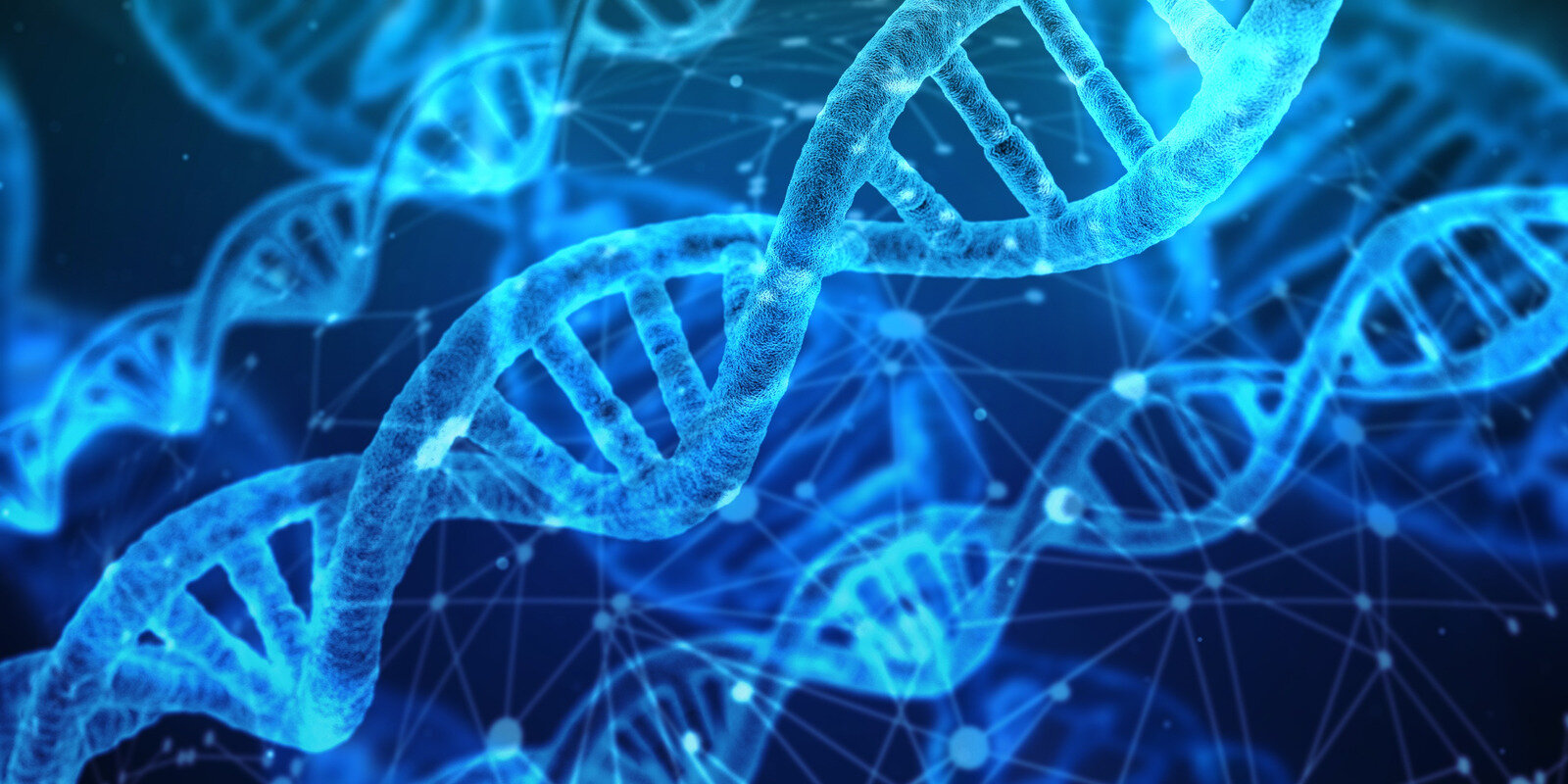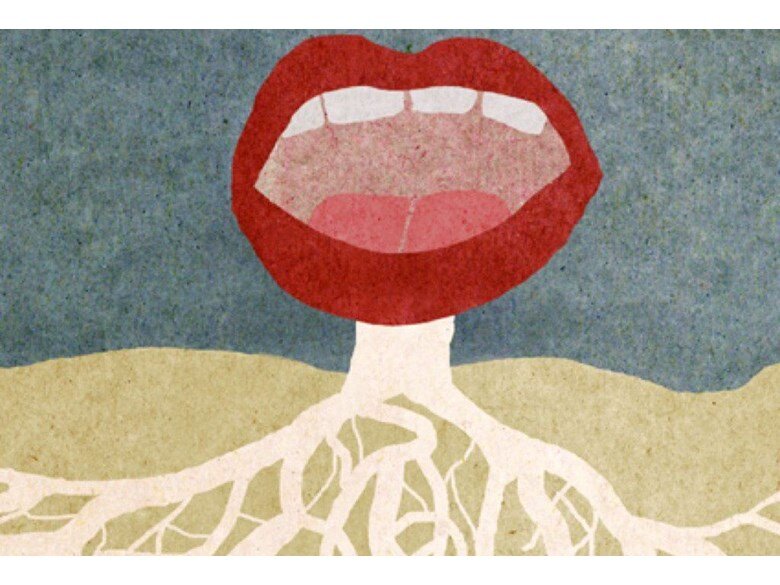
Language Restoration: Ancestral DNA Testing and Links to Language Legacy
Ancestral DNA testing has sparked international fascination. People are enthralled by DNA testing’s scientific contribution in defining their lineage narrative. Family stories of movement and historical records can be fortified by this biological analysis. But for the African American community, ancestral DNA testing has an even greater responsibility; it combats the historic erasure of African American lineage by indicating explicit genetic links to African shores. Ancestral DNA results do not provide a narrative that is as comprehensive as Alex Haley’s legendary novel Roots: The Saga of an American Family, based on the author’s traced lineage back to the African continent. Yet, genetic testing can be a very crucial starting point to restoring a coherent ancestral identity.

Language 4R and the Placement of Roots: Introduction
One’s mother tongue is one’s language of intimacy. Perhaps it carries tender childhood lullabies. Perhaps it paints one’s dreams. Perhaps it swells with anger. Perhaps it wrings out one’s grief. A mother tongue shapes one’s perceptions of the world and of oneself. For better or for worse, it provides a means of communication and a sense of place.But what if each word of your mother tongue reminded you of the violence your ancestral mothers endured? How much of that violence would seep into the way you see the world and yourself? Can a language that holds such a legacy of violation ever be your language of intimacy?
